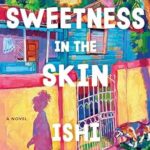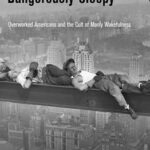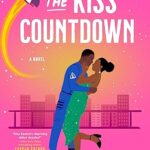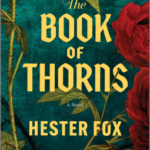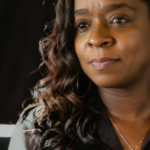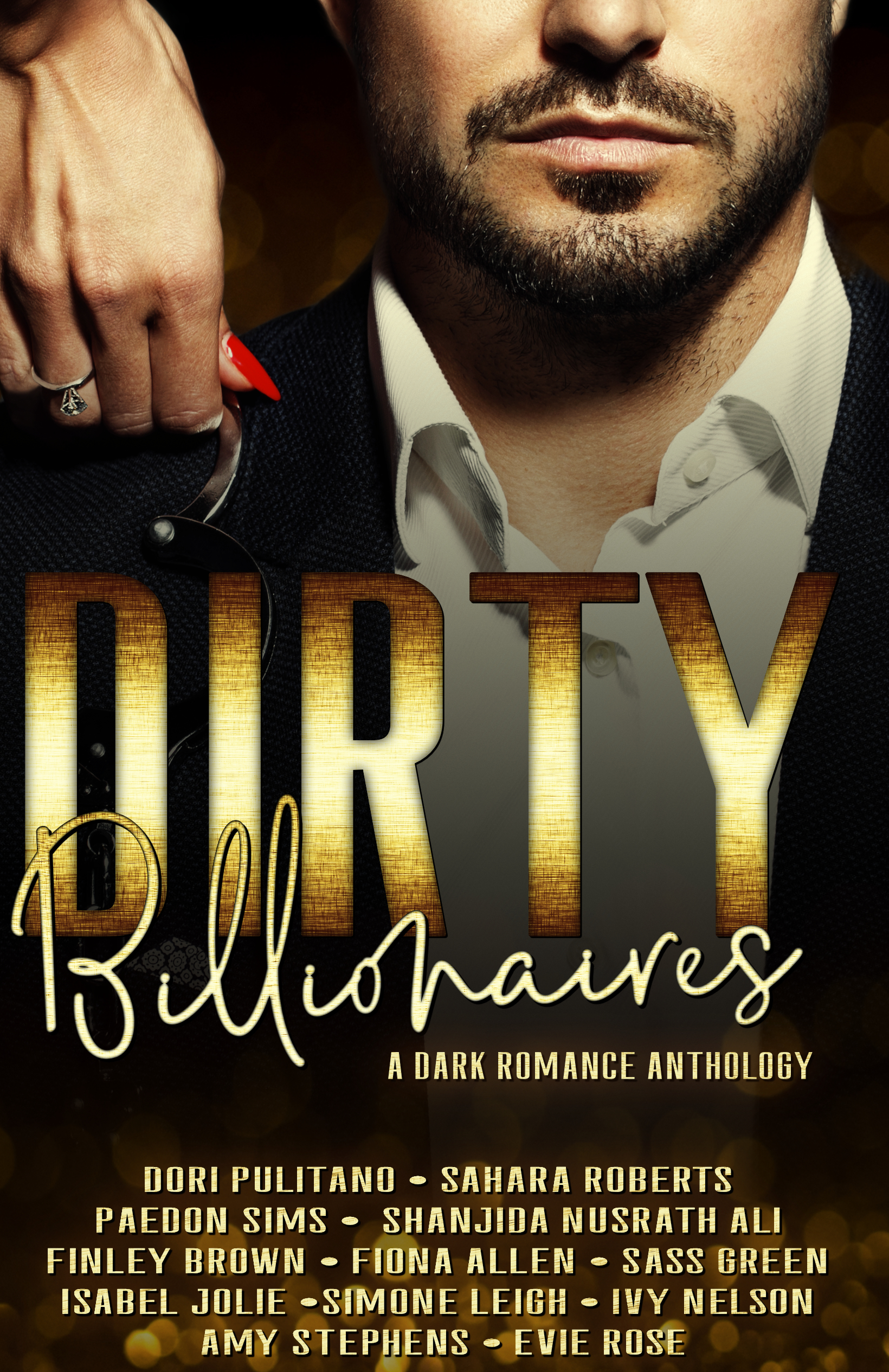From One Night in Georgia: A Novel. Copyright © 2019 by Celeste O. Norfleet. Reprinted with permission from Amistad, an imprint of HarperCollinsPublishers.
1968, Chapter 1
BEFORE NOON THE RESIDENTS OF CENTRAL HARLEM WERE already stewing in the sweltering mid-August heat. It was the hottest summer on record, with unrelenting temperatures that tipped close to one hundred degrees. Anywhere else and this weather would have been bearable. But in New York City, the concrete sidewalks beneath our feet and the buildings towering over our heads trapped the oppressive heat and made us feel like they were holding us hostage for a ransom we couldn’t possibly pay.
It was a well-known fact that summer heat and a full moon amplified anger. Fights broke out with very little provocation, and arguments erupted over something as slight as a stubbed toe. Those who had the resources to leave the city were long gone. Those alone and left behind were just that, alone and left behind.
That was me, Zelda Livingston, alone and left behind, trying to survive the next moment and the next moment after that. My entire summer had been abysmal, and I felt like I was being choked from the inside.
I stood in front of the parlor’s picture window. This used to be my favorite place in the house, with the view being the best part. The window was huge, taking up most of the front wall. Each pane was symmetrically rimmed with clear leaded glass that always reminded me of fancy art deco from the 1920s.
The window with its beveled edge reflected a distorted image of myself. I saw my mother’s soulful light brown eyes staring back at me, with my father’s intense passion. I had her high cheekbones, and a dimple in my left cheek winked when I laughed hard. I had her height and petite stature, which gave me a graceful poise that often led people to mistakenly assume I was soft and gentle; I was not.
Some things were merely a façade. I examined my outside because it was easier than exploring inside, and trust me, that was a good thing. I used to think nothing bad could ever happen here. I would always have my father to protect me. I was wrong.
I looked down at my hands. They were trembling nervously, anxiously, and angrily.
Six weeks ago I had come back and instantly regretted it. I attended Spelman College in Atlanta, but called Washington, DC, home now, since I regularly lived with my aunt and uncle between semesters. So I didn’t get to see my mother that often. It had been twenty-two months since I had seen her last. That was why being here was so important to me. I had truly thought this time together would be different, maybe even special. Whoever said it was right: you really can’t go home again.
I was supposed to be enjoying myself, having the time of my life. After all, I was twenty and here in Harlem, but the home I’d once known and loved was no longer my home.
Hearing the murmur of voices above, I looked up, knowing what was coming. The last few days had been a succession of spiteful nasty rages that seethed as the heat and hostilities escalated. “Not today,” I whispered. “Not today.”
Memories began to swell around me as I stood in the parlor at the front window. Assaulted by every sense, I felt the wet drops roll down my face and tasted the salt of my tears. Lost in my thoughts, I heard frighteningly loud noises, one right after another, like claps of thunder. Twenty-three gunshots later, I saw a lifeless body covered in blood lying in the street.
The images cleared, and I looked out across the street at Mount Morris Park, where I had played when I was a kid. The air around me was still. The air conditioner in the room did little to ease the nervous restlessness stirring inside me. In wishful solace, I leaned my head against the window’s smooth surface, hoping to feel cool relief. Instead I felt the blistering heat of the summer day penetrating the glass.
I wiped away the tears that streamed down my face and took a deep stumbling breath. I could almost hear my father’s comforting voice echo in my ears, telling me to be strong. I closed my eyes. It was a perfect moment. I held on as tightly as I could for as long as I could.
A door upstairs slammed loudly. I winced and glared up at the ceiling again. Darnell Wilson, my mother’s husband, had been yelling and shouting since yesterday afternoon. No one enjoyed the sound of his voice more than he did. The argument, steeped in angry resentment, had been brewing for the past five years. It had reached its inevitable climax last night, resulting in a tirade of accusations, disparagements, and ridicule. Then Darnell, having barely let up, had continued arguing again first thing this morning.
He stomped downstairs, still yelling. Each heavy footstep punctuated his hateful words. “We could use that money. She needs to stop being so damn selfish.”
The man was an idiot.
I ignored him like I usually did and turned the radio up loud and prayed that for the next few minutes I could drown out his tirade with some good music. Thankfully, Marvin and Tammi were singing a new song called “You’re All I Need to Get By.” I allowed the melody and energy of the rhythm to flow through my body, and all of a sudden I was someplace else, somebody else. Calm.
Relaxed. Feeling good.
“Turn that damn music down!” he yelled.
A child of New Orleans’s Creole upbringing, my mother always told me to be still and mind my manners and to be a lady in all situations. And the man was always right. “Young ladies listen and obey. They don’t cause trouble,” she had reminded me over and over again. I had never been very good at all that obeying stuff. Today wasn’t going to be any different. I turned the music up louder and chuckled to myself.
A few seconds later, Darnell stormed into the room. I turned around, and we stood there staring at each other, face-to-face. At first he didn’t say anything. He just glared at me, sneering, looking mean and evil, like that was supposed to scare me. He was wrong. I smirked. Then he snorted and slipped a toothpick between his thick lips. He started chewing on it.
“All that money just thrown away, wasted, given to a damn school. Who the hell is going to hire some black girl lawyer? See, that’s what college teaches you, not a damn thing, just like her dead-ass daddy.”
“Darnell, leave it be,” my mother said as she followed him into the room. She looked at me woefully. “There’s nothing you can do. What’s done is done.”
“And now you’re telling me there’s more money for her to waste. You’re her mother. You should’ve had some say.”
She looked at me. “Her uncle is the executor of Owen’s will. It’s out of my hands.”
“Well, it’s not out of my hands. If she’s going to be in this house, she needs to pay her way. This is my house,” he raged. “I pay the bills here. If she doesn’t pay, she doesn’t stay.”
I stormed out of the house and slammed the front door behind me. The door, rickety on its hinges, with its latch already weak, shut soundly and then bounced open again, slamming back against the wall.
“Zelda!” I heard my mother call out.
Ignoring her, I slowly paced on the front stoop, muttering. It was different at my aunt and uncle’s house. I never felt alone or left behind while living with them. “Seul et gauche derrière.” I said it aloud and decided it sounded better in French. But then again, mostly everything did. That’s what my aunt Dorothy always said, in French, of course. She was a linguistics professor at Howard University and the one who had taught me French when I was a kid. “La gauche derrière,” I repeated. “Think I’ll have that etched onto my gravestone.”
From One Night in Georgia: A Novel. Copyright © 2019 by Celeste O. Norfleet. Reprinted with permission from Amistad, an imprint of HarperCollinsPublishers.

